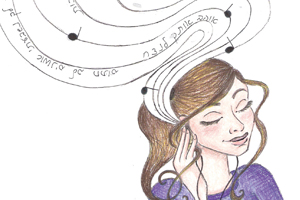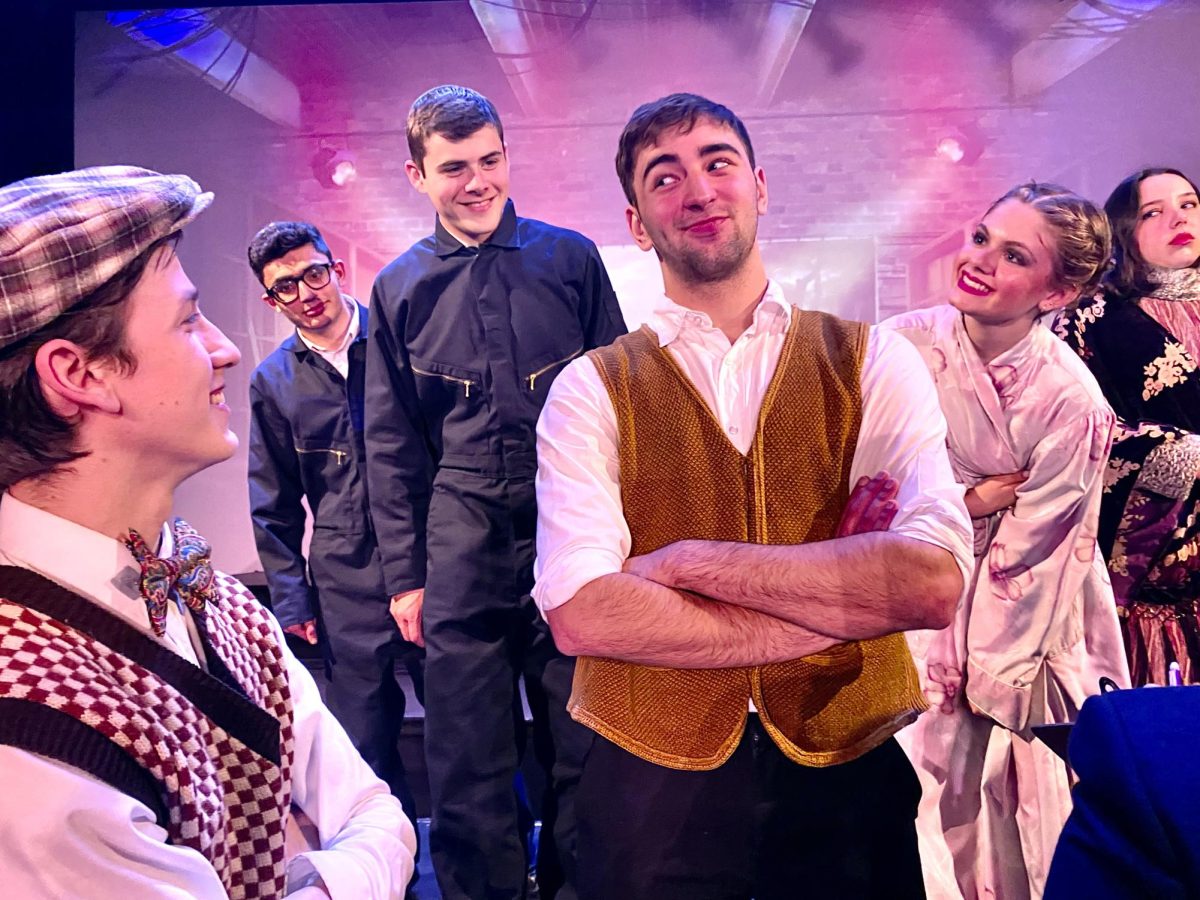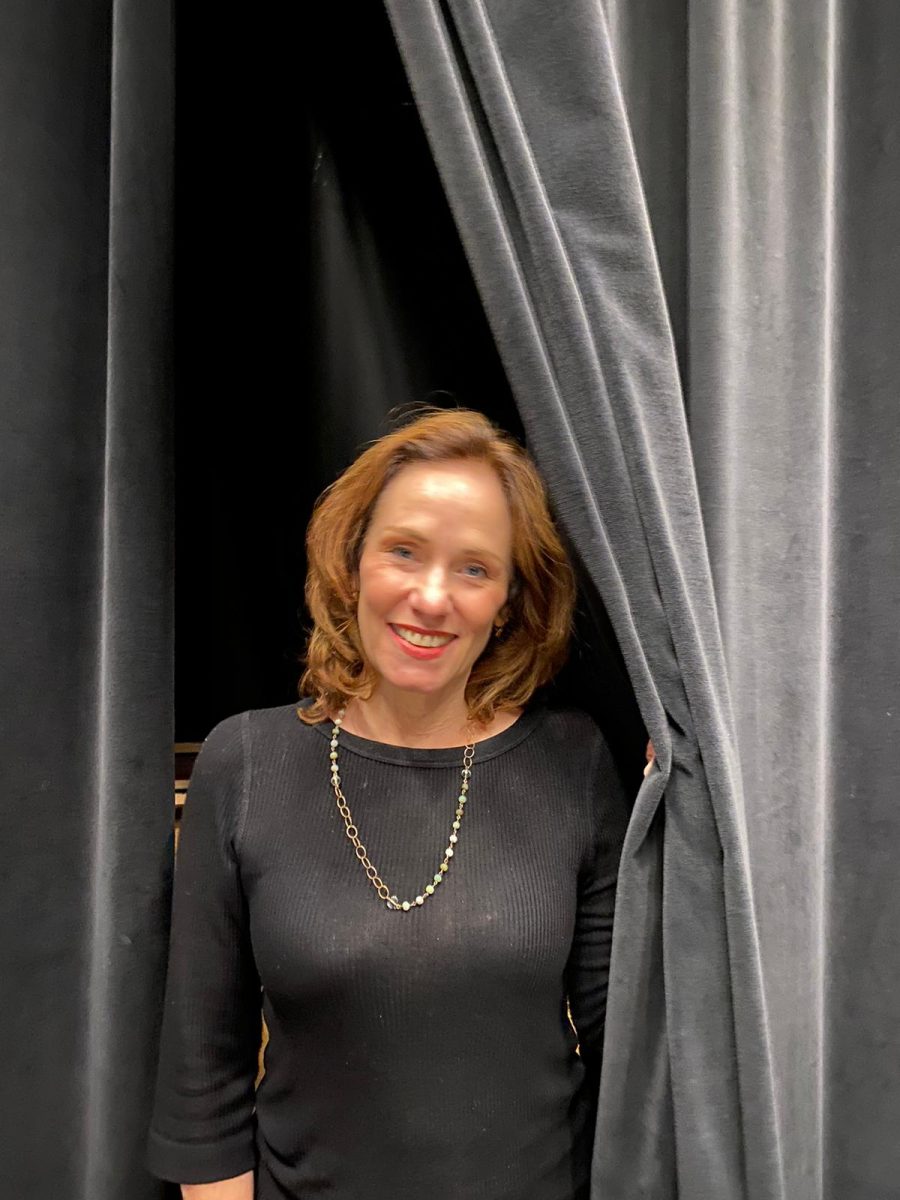While most teens may never journey out of the auditory bubble that is American pop music, more and more Shalhevet students already prefer current Israeli artists. They say they listen to artists like vocalists Eyal Golan and Kobi Peretz, and the Hebrew rapper Subliminal, to support Jewish unity, to keep in touch with Israeli culture, or simply for the language, exotic instruments and rhythm.
“I love the tempo and just the beat to it,” remarked junior Danielle Roth. “[They] use different types of musical instruments, like the darbuka, so it adds a completely different beat and feeling to the whole sound.”
“Israeli music also has meaning and passion within its words — it stands for something,” Danielle added. She said Subliminal’s “Tikva,” a song about the future of Israel and the importance of hope, can bring Jews together. Some of the song’s lyrics are “Come let’s continue, our life is in front of us / It’s not late because tomorrow is a new day / The dream will perish if we lose the hope / so reach out to love.”
“It kind of unifies us as a nation, instead of focusing on negative differences, which is more present in American music,” Danielle said.
Most of the Israeli music frequenting Shalhevet iTunes accounts and car radios is of the “Eastern” genre, or Mizrahi. It centers on very ornamental and embellished vocals that sound a little like Muslim prayer, and that evoke a feeling of old Jerusalem. Eyal Golan, one of the most popular Mizrahi singers, focuses on slower piano songs, and more than often incorporates other instruments like violins or guitars.
On the other hand, Kobi Peretz has an upbeat style, which attracts a wide fan base.
“It’s a little like fun techno music with Hebrew words flowing through it,” explained junior Jason Sroka. “That’s the Israeli music I like, the more techno type. American music doesn’t really have anything like the Mizrahi genre.”
Subliminal, whose real name is Yaakov Shimoni, has joined the mainstream hip-hop and rap genres of Britain and the U.S., but in Hebrew. In performance, Subliminal wears the typical American rapper wardrobe of disoriented baseball hat, baggy pants and jerseys topped with a Star of David necklace — perfectly representing his crossover genre.
The words to his song “Tikvah,” typical of Israeli lyrics, are hopeful, nationalistic and irreverent at the same time. And Hebrew’s three-letter-root system goes makes rhyming easy: Tikvah balev noel, im chazak lo nitkapel — “The hope is locked in the heart, the strong nation will not fold over.” Another verse states: “Buds of people-flowers that didn’t bloom / The hope in our heads, the love in our hearts / The dream in our spirits so we continue on our path.”
M
eanwhile, keyboardist Idan Raichel has created his own sound entirely. In The Idan Raichel Project, he creates a musical compilation that mixes styles and artists from Israel, Arab countries, Ethiopia and various Caribbean Islands, resulting in multilingual lyrics and mixed crowds which he aims to use to promote peace.
“It’s not what I think of Israeli music sounding like,” said junior Rachel Lesel, referring to The Idan Raichel Project. “It’s really diverse and a completely different type of genre.”
Singer Sarit Hadad brings a female voice to the Israeli charts, which many of her songs top. Songs like “Karusela” take the sound of American pop music, while “Sameach” also incorporates Mizrahi sounds including the darbuka. Sarit herself plays darbuka — hour-glass shaped drum of ancient Middle Eastern origin known for its crisp yet deep sound, and one that is often heard in the Shalhevet Student Lounge.
S
ome students see Israeli music as an expression of Jewish nationalism, a way to connect to their homeland, or a way to connect to God. Israeli song lyrics focus largely on love themes or Jewish unity, demonstrated in the songs “Mitzta’er” (Sorry), by Eyal Golan, or “Rak B’yisrael” (Only in Israel) by Kobi Peretz.
“I think that getting everyone together and hearing them sing together really brings the Jews together to support or just celebrate our religion and homeland,” agreed freshman Yael Weiner, who enjoys Kobi Peretz’s music.
Sophomore Ashley Mashian put it a bit differently.
“A song is a song, it usually doesn’t matter what language it’s in, but because it’s in Hebrew, it relates more to my heritage,” said Ashley. “It can affect me personally because I know I have a song that speaks to me.”
Another fan is senior Meir Cafri.
“From songs I have heard, it talks mainly about Israel and how we have to stay strong as a nation,” said Meir. “[It appeals most to] the Jewish people. I’ve also heard a lot of songs also talk about love and stuff.”
F
or others who don’t understand the lyrics and therefore can’t sing along, the rhythm and melody is enough.
“Well, I don’t understand their music but it’s just something I enjoy listening to because the actual music is different than American music,” said sophomore Josh Chowaiki. “Like they use a bunch of drums which I really like. Also, they have techno in the background of the instrument. American music is much more simple, like a guitar, drums, and bass, but Israeli has a bunch of crazy things going on which makes it exciting to listen to.”
“And not at all has it turned me off from American music — I love it also,” he added.
So how have so many Shalhevet students escaped the American music bubble? They have picked up Israeli music from their friends, their Israeli parents or experiences in the Holy Land.
“My friends introduced me,” said freshman Sarah Katchen. “They played it and I liked it so I started listening to it. I think that a lot of people sing Israeli music and it’s becoming more a part of Shalhevet and I guess you can kind of say that it is a culture here because a lot of people at Shalhevet are Israeli.”









pop music • May 26, 2010 at 7:36 pm
Can you place some tracks of famous Israeli musician later?